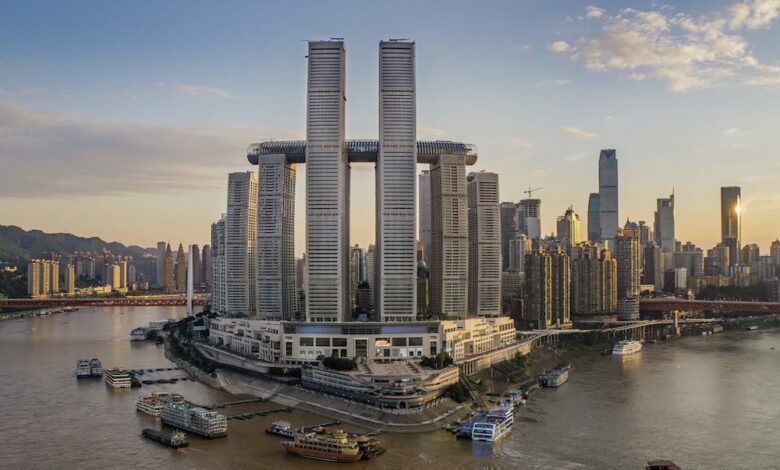China’s real estate woes persist

China’s persistent problems with its real estate sector – a key driver of business for dry bulk owners – shows little sign of being resolved despite Beijing’s property-focused stimulus measures last month.
Prices of new homes in China suffered their biggest fall in nearly a decade last month. Prices in 70 major cities were down 0.7% in May from April, National Bureau of Statistics (NBS) figures showed this week representing the steepest month-on-month drop since October 2014. Property investment for the first five months of the year dropped 10.1% from a year ago, according to the NBS. New property sales fell 28% during the same period.
According to separate calculations by the Macquarie Group, prices of existing homes in those cities fell by 7.5% year-on-year last month, marking the biggest decline on record.
A month ago, Beijing unveiled wide-ranging measures to rescue the crisis-hit property market, including asking local governments across the country to buy unsold homes from beleaguered developers and easing rules on purchases.
China currently has 60m unsold apartments, according to Bloomberg. The country’s real estate malaise has made many headlines on Splash in recent years. The property sector represents about 25-30% of the nation’s GDP and approximately a third of the country’s domestic steel demand.
Broker SSY has been constructive on the Chinese steel complex for 2024, arguing that other sectors of the economy are more than picking up the slack.
The property market correction in China has now been ongoing for four years, which means that the sector is smaller relative to the other sectors driving steel demand – from approximately 40% share of domestic steel demand in 2020 to an estimated 33% in 2023, SSY argued in a publication earlier this year. Secondly, the other sectors — notably auto manufacturing, shipbuilding, infrastructure and manufacturing — showed strong growth throughout 2023 and have the continued support of Chinese policymakers for 2024.
China’s real estate woes were also discussed at last month’s Geneva Dry gathering, the world’s premier commodities shipping event.
Saad Rahim, chief economist at Trafigura, argued that too many headlines had focused too strongly on China’s troubled property sector and that commodity import data showed there was more to the health of the People’s Republic than apartment sales. He pointed out China recorded record copper, aluminium, oil and gas demand last year.
“That’s not an economy that is suffering in the way that I think the headlines and sentiment suggest,” Rahim said, going on to point out that infrastructure spending and manufacturing remain “very, very strong”.
